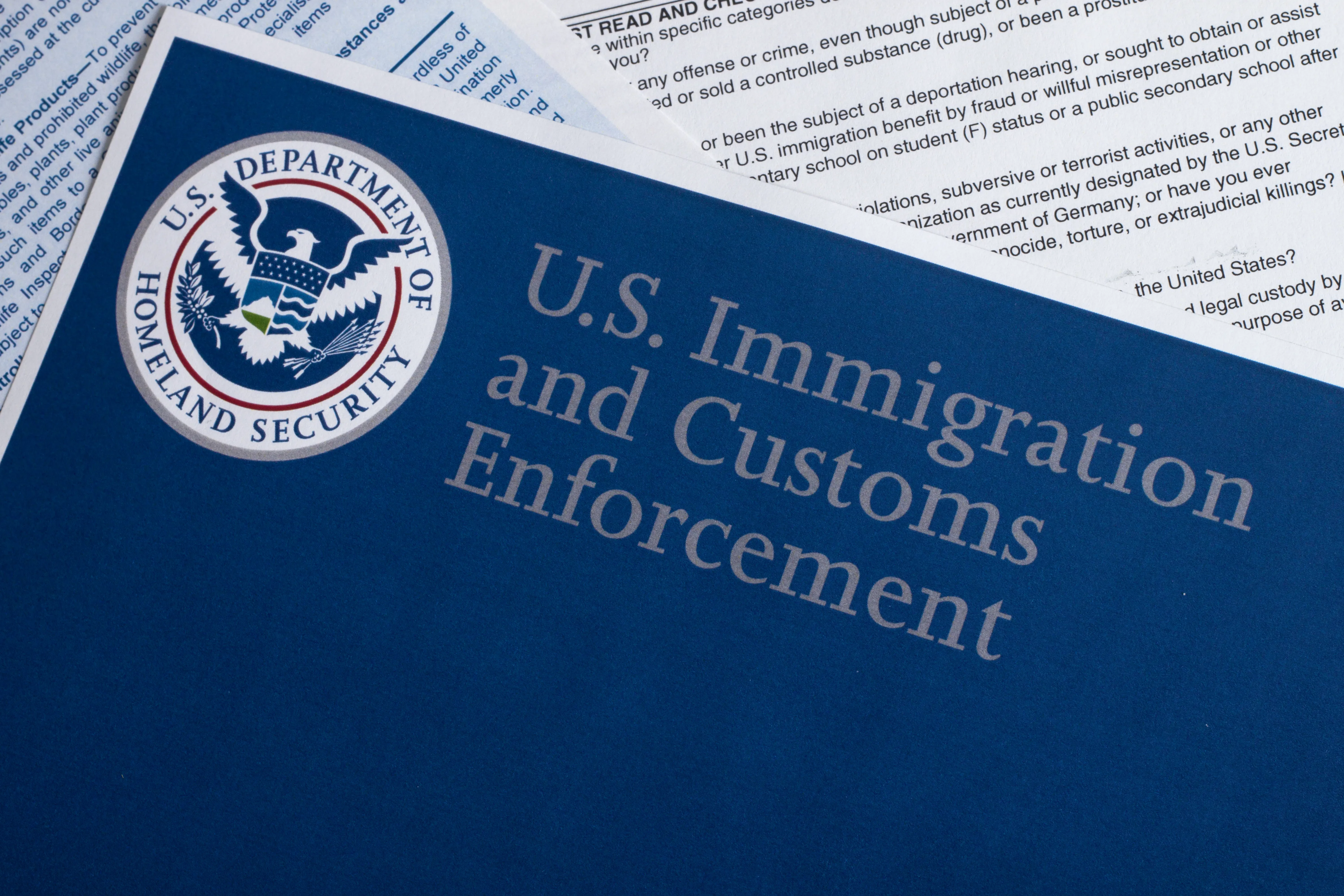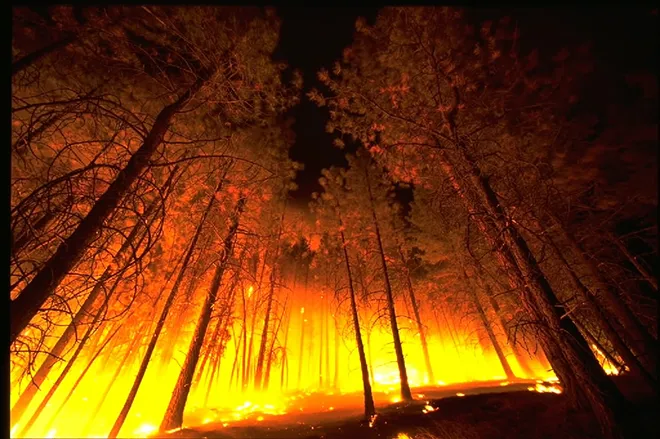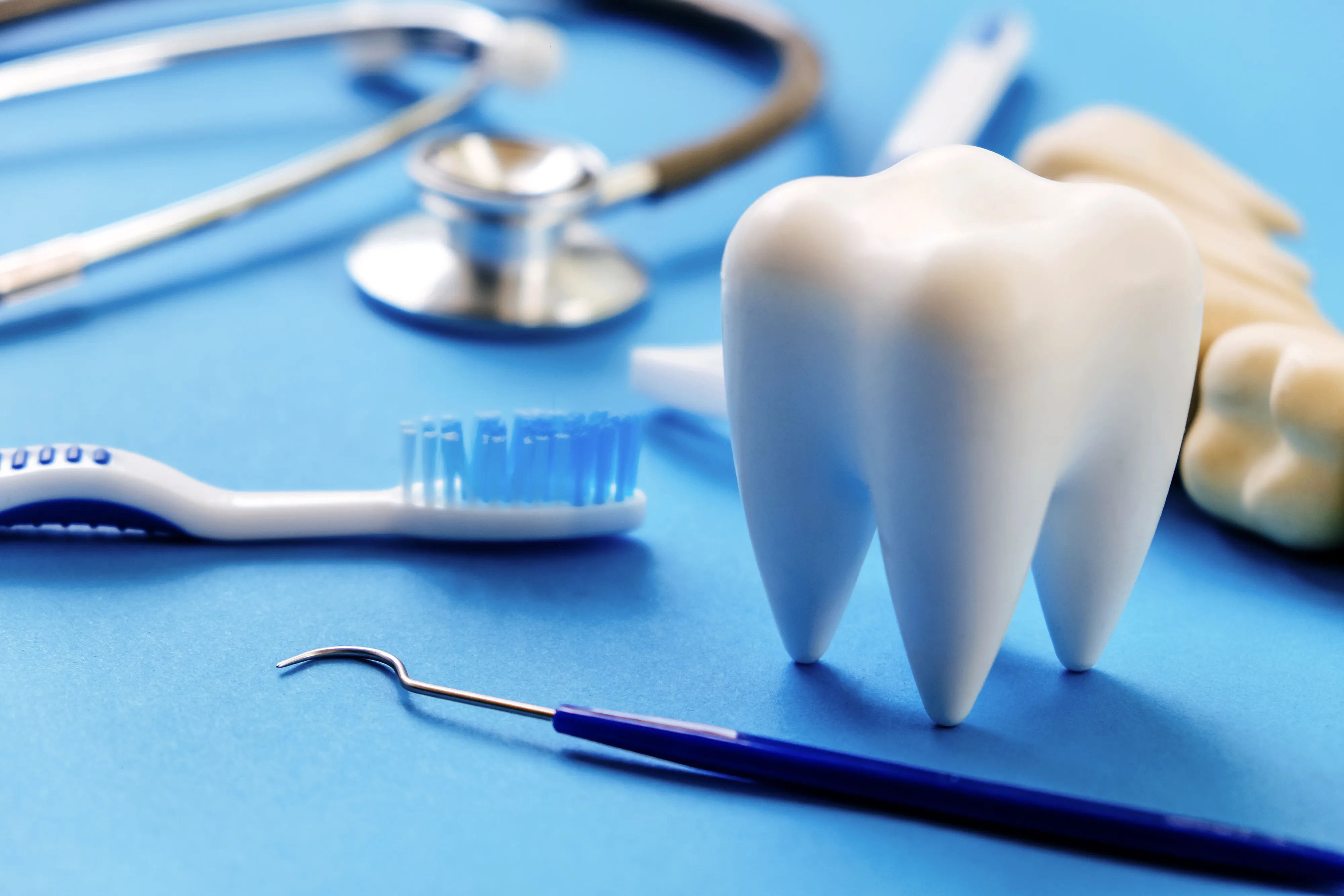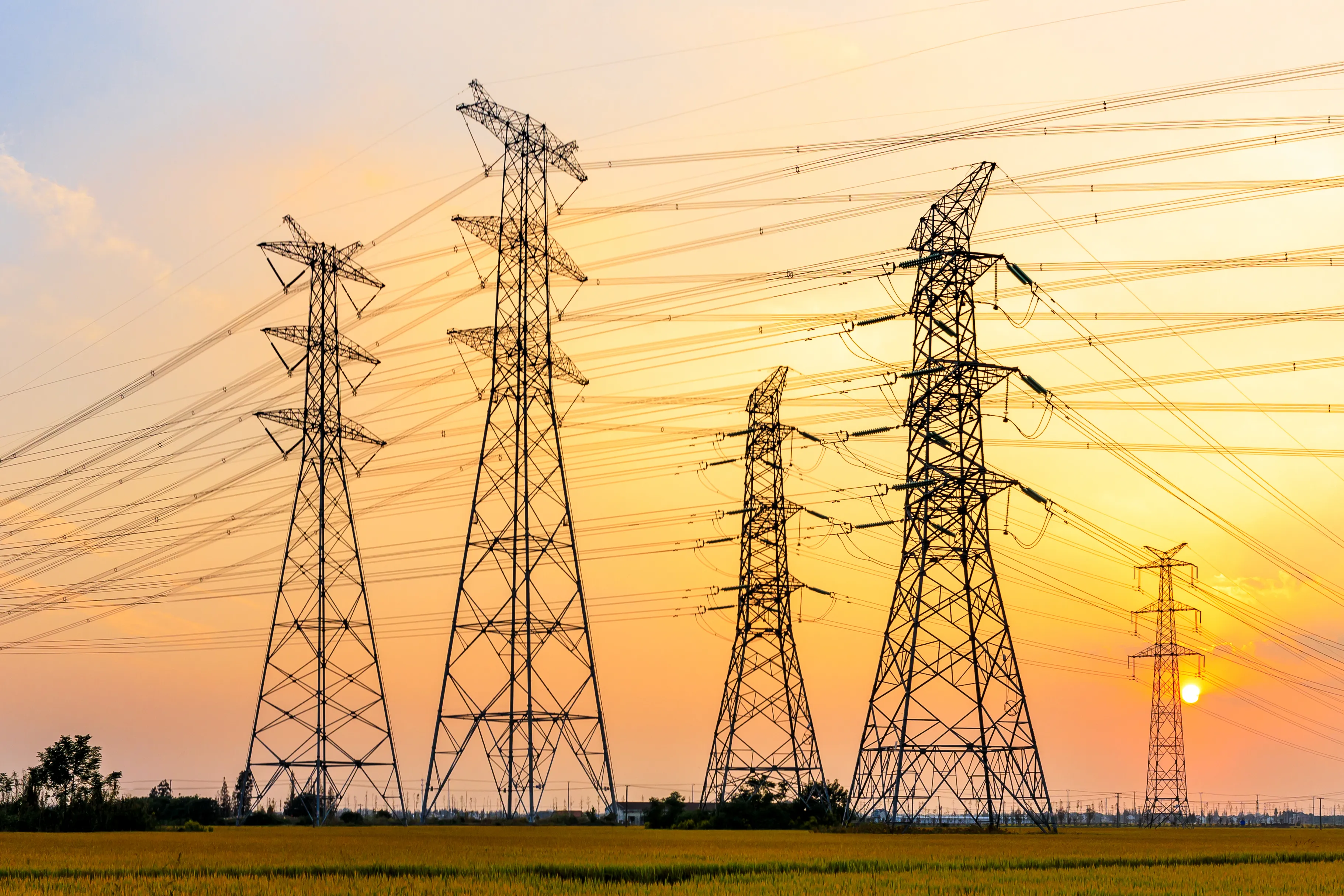
Daily Audio Newscast - January 20, 2025
© AlexLMX - iStock-823000260
Six minutes of news from around the nation.
UNH students confirm Gaza may have cost Harris the race; TikTok is back online after Trump pledged to restore it; Child poverty derails dream of MLK Jr; and future of sustainable aviation fuel in MT, U.S. depends on policy.
Transcript
The Public News Service Daily Newscast, January the 20th, 2025.
I'm Mike Clifford.
A new poll shows Vice President Kamala Harris, support for Israel's war in Gaza may have cost her the 2024 presidential election.
Nearly 30 percent of the 19 million voters who backed President Joe Biden in 2020 but chose to stay home in 2024 said Palestine was the reason.
University of New Hampshire PhD student Stephanie Black says she couldn't support Harris' complacency in genocide, so she voted third party.
We are exhausted of a government that is not listening to student protesters, that is not listening to international activism groups, the evidence that they're presenting forward.
Harris won New Hampshire, but in states that swung from blue to red in 2024, 20 percent of Biden's supporters did not vote due to Gaza.
Black calls the ceasefire deal between Israel and Hamas a step in the right direction, but says it's important that enough aid now reaches the Palestinian people to recover and rebuild.
I'm Catherine Carley.
And around 12 hours after shutting itself down in the U.S., TikTok is back for many users, almost like it never left, attributing its return to a move by President-elect Donald Trump to save the app.
That from CNN.
The report TikTok welcomed users back with a notification that said, "Thanks for your patience and support.
As a result of President Trump's efforts, TikTok is back in the U.S."
The whiplash move to bring the app back comes after TikTok became unusable for Americans late Saturday night.
Users who tried to open the app at that time were met with a message saying it was offline and asking users to "stay tuned."
And in his 1963 "I Have a Dream" speech, Dr. Martin Luther King Jr. condemned the poverty that hindered black Americans' rights.
Yet a new report shows children of color still bear the weight of poverty.
The analysis by the Economic Policy Institute shows that in 2023, black, Hispanic, American Indian and Alaska Native children were three times more likely than their white peers to live in poverty.
In Missouri, there's a nearly 17 percent child poverty rate, just above the national average, revealing risks to children's overall well-being.
Report co-author Ishmael Cid-Martinez of the Economic Policy Institute says a major cause centers around employment disparities.
"Black workers are more likely than their non-Hispanic white peers to be unemployed.
And then when they do obtain some form of employment in the labor market, they're likely to earn less than their peers."
The report also reveals that Asian children are twice as likely as their white peers to live in poverty.
Cid-Martinez stresses that a key solution is implementing policies that ensure the social safety net effectively addresses the material needs of families.
Crystal Blair reporting.
Recent data shows black folks in Missouri face a 13.1 percent unemployment rate, nearly five times higher than white residents.
This is Public News Service.
Next to Montana, a U.S. leader in the growing industry of sustainable aviation fuel.
Experts in that field and in the agricultural sector hope to see new policies to support its development.
Sustainable aviation fuel, or SAF, can be made from a variety of agricultural inputs, including seed crops, which produce oils that are processed into fuel with a low carbon footprint.
Industry growth could mean new buyers for ag producers in the state, where Montana Renewables was the highest domestic producer of SAF last year.
Still, its CEO Bruce Fleming says China and Brazil are outpacing U.S. growth.
"If we can get our policy figured out, if we can get American innovation going and not fall behind, then we've got solutions here that will benefit the ag sector, particularly the farmers and ranchers."
In terms of policy, Fleming says the goalposts keep moving because they vary between agencies at the state and federal levels, making it difficult to plan.
He says he hopes to see policies that embrace the SAF innovation, as the nation did for ethanol.
I'm Kathleen Shannon.
And nearly one-third of Medicaid funding could be on the chopping block as lawmakers look for ways to reduce the national deficit.
More than 1.2 million Kentucky residents rely on the program for health coverage.
Emily Beauregard with Kentucky Voices for Health says federal Medicaid funding brings more than $14 billion into Kentucky every year.
"It's what keeps the doors of our rural hospitals open, and it's what covers half our births in seven in ten elderly Kentuckians living in nursing homes."
Over the past decade, 120 rural hospitals across the country have either closed or stopped offering inpatient services.
Nadia Ramligan reporting.
Finally, a group of University of Pennsylvania students got up close and personal with Keystone State voters recently as they studied solutions to bridging the ideological divide.
Students with Penn's Political Empathy Lab traveled across the state last summer and talked with people at parks, libraries and county fairs.
The goal was to listen to Pennsylvanians as they discussed the issues in the 2024 campaign.
Lab Director Leah Howard says the students emphasized using critical listening skills to understand the voters better.
"Critical listening is one of the most important and undervalued things happening right now because we're just so inundated by talk, expression, and we don't get enough time to practice listening to another human being."
Howard says the students recorded 45 hours of audio during their sessions, producing a podcast series and presenting what they learned on and off campus.
Another statewide tour is scheduled for this spring, and Howard says she will eventually publish the students' findings.
I'm Mark Richardson.

















